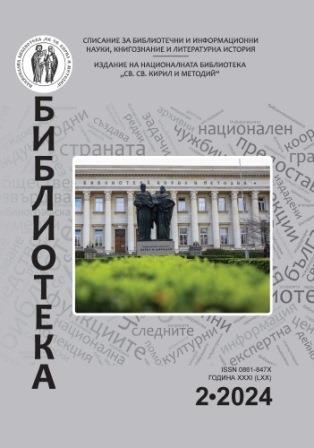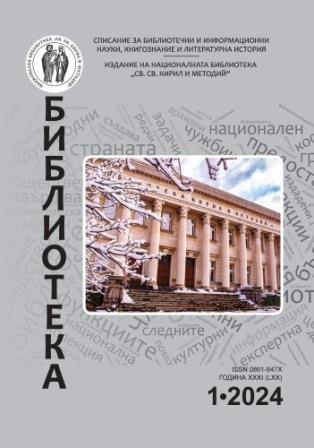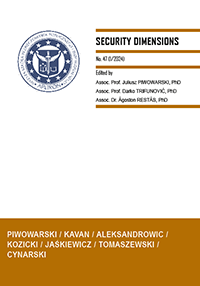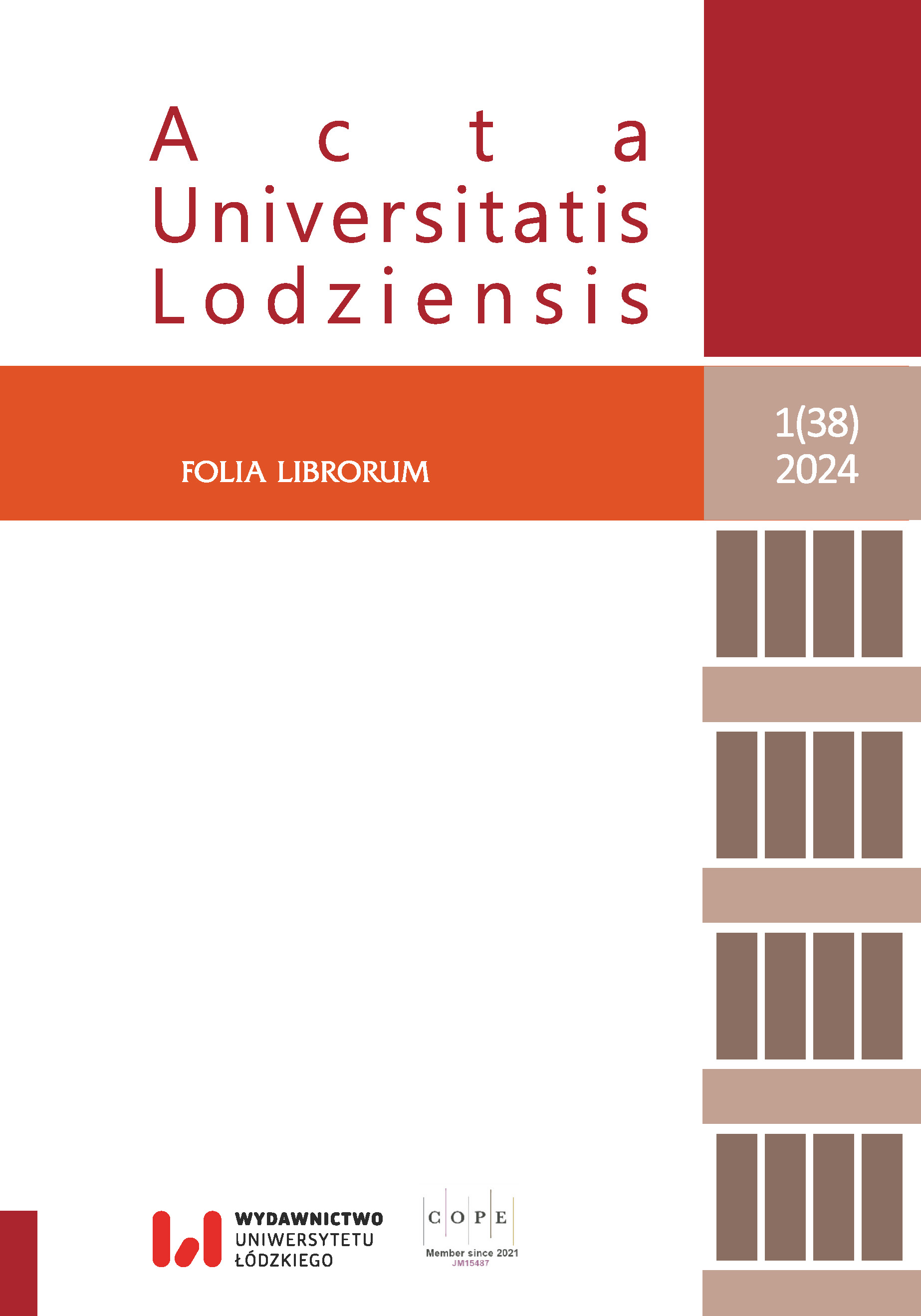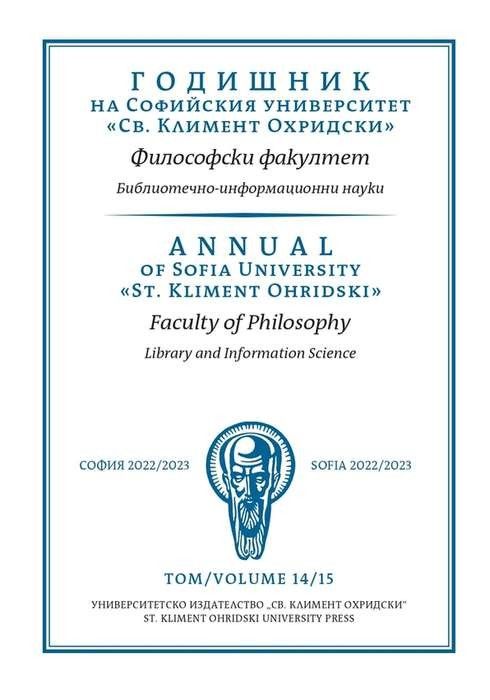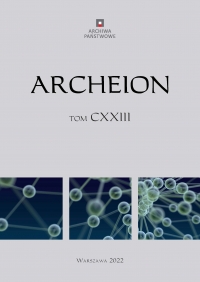
McDonaldization of archives (an introduction to discussion)
The article analyzes the development of archives through the lens of the McDonaldization created by Georg Ritzer. Since archives, like libraries, are deeply rooted in society, they can be analyzed from the perspective of ongoing social change. Referring to the various dimensions of McDonaldization – predictability, efficiency, calculability, and control – the author points to selected aspects of archival reality that exhibit the characteristics identified by Ritzer. Ritzer also pointed out that rationalized systems generate irrationalities and mention contrary tendencies that go (often intentionally) against the tide of the changes taking place. These two phenomena can also be found in the archival field. The article concludes that archives have undergone at least a partial McDonaldization. Nevertheless, the degree of change that has taken place in archives varies between the analyzed aspects. The article is based on an analysis of Polish and foreign literature, as well as the author’s observation of archives (mainly Polish). For this reason, the study uses a comparative, bibliographic, and observational method.
More...
